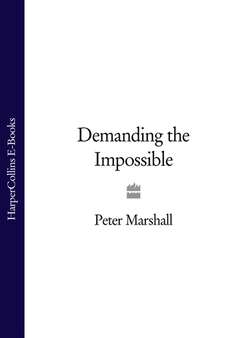Читать книгу Demanding the Impossible - Peter Marshall - Страница 39
10 The British Enlightenment
ОглавлениеAFTER THE COLLAPSE OF the English Revolution and the restoration of the monarchy in 1660, there was little social or intellectual room in Britain for the further development of libertarian theory. After the ‘Glorious Revolution’ of 1688 which checked the power of the king, parliamentary democracy was established in Britain and has held sway ever since. John Locke, the philosopher of common sense and moderation, justified the event and gave the ultimate liberal defence of government.
The ‘state of nature’ according to Locke, is a state of ‘perfect freedom’ but competition between roughly equal human beings would make life uncertain and property relations unstable. Hence the need for government and law to enable them to protect life, liberty and property. The latter was most important since for Locke life and liberty could be considered as a form of personal property. He therefore recommended that a social contract be made between people to set up a government to make common laws which would ensure the secure enjoyment of property: ‘Political power, then, I take to be a right of making laws, with penalties of death, and consequently of all less penalties for the regulating and preserving of property, and employing the force of the community in the execution of such laws.’1 While recognizing that it is only labour that creates wealth, he added that it is legitimate for owners to expropriate the wealth created by the labour of their servants and their slaves.
It was an advance on the theory of the divine right of kings, but Locke summed up the ideology of the emerging middle class who wished to wrest power from the landed aristocracy. As such it was a theory of ‘possessive individualism’, which saw the ownership of private property as sacrosanct.2 The ideology was to find its ultimate expression in the American Constitution of 1776 which recognized that human beings (or rather male Europeans) are born free and equal and have a right to ‘life, liberty and the pursuit of happiness’.
